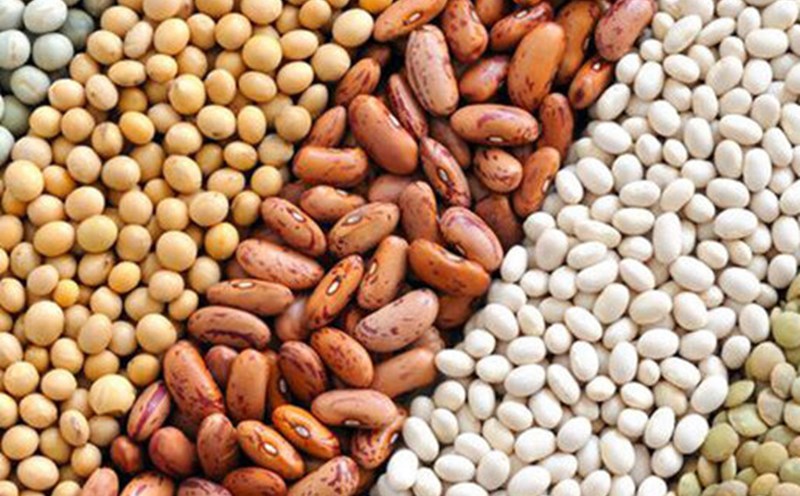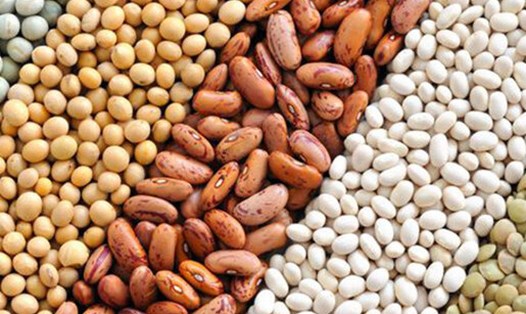Visceral fat is the fat that surrounds internal organs such as the liver, kidneys and intestines, and is often closely related to dangerous diseases such as diabetes, cardiovascular disease and fatty liver.
One of the main reasons eggs help reduce visceral fat is because they contain high-quality, easily absorbed protein. According to research by the British Institute of Nutrition, the protein in eggs helps increase feelings of fullness, thereby reducing cravings during the day.
This helps reduce overall calorie intake, which is an important factor in reducing visceral fat. When you consume fewer calories, your body will need to use energy stored in areas such as visceral fat to meet daily activity needs, thereby gradually reducing fat in this area.
Eggs also contain nutrients such as lutein and choline, which are beneficial for the liver and fat metabolism. Choline is important for helping the liver convert fat into energy instead of storing it.
Choline also plays a role in protecting liver cells, helping to prevent fatty liver, especially visceral fat.
Lutein also has anti-inflammatory properties, which may reduce visceral fat inflammation and reduce the risk of diseases associated with excess visceral fat.
Proper insulin regulation has a major impact on preventing visceral fat accumulation.
A study published in the American Journal of Clinical Nutrition shows that eggs help regulate insulin levels in the blood, avoiding sudden increases in blood sugar after eating.
When blood sugar and insulin levels are stable, the body is less likely to store excess fat, and this includes visceral fat.
Eggs are rich in healthy fats, including unsaturated fatty acids. These fats not only provide steady energy but also aid in fat burning.
Eating eggs for breakfast increases the ability to burn energy throughout the morning and reduces the amount of visceral fat accumulated. This has a very positive effect on reducing visceral fat and controlling weight.
According to the World Health Organization (WHO), eating eggs needs to be consistent with an overall diet to ensure effective reduction of visceral fat.
Experts recommend eating boiled, steamed eggs or eggs mixed with vegetables to optimize nutritional intake without adding calories from fat during processing.
Additionally, it is not advisable to eat too many egg yolks as they contain cholesterol, although modern studies show that cholesterol from egg yolks does not have much of an impact on heart health if consumed in moderation.











